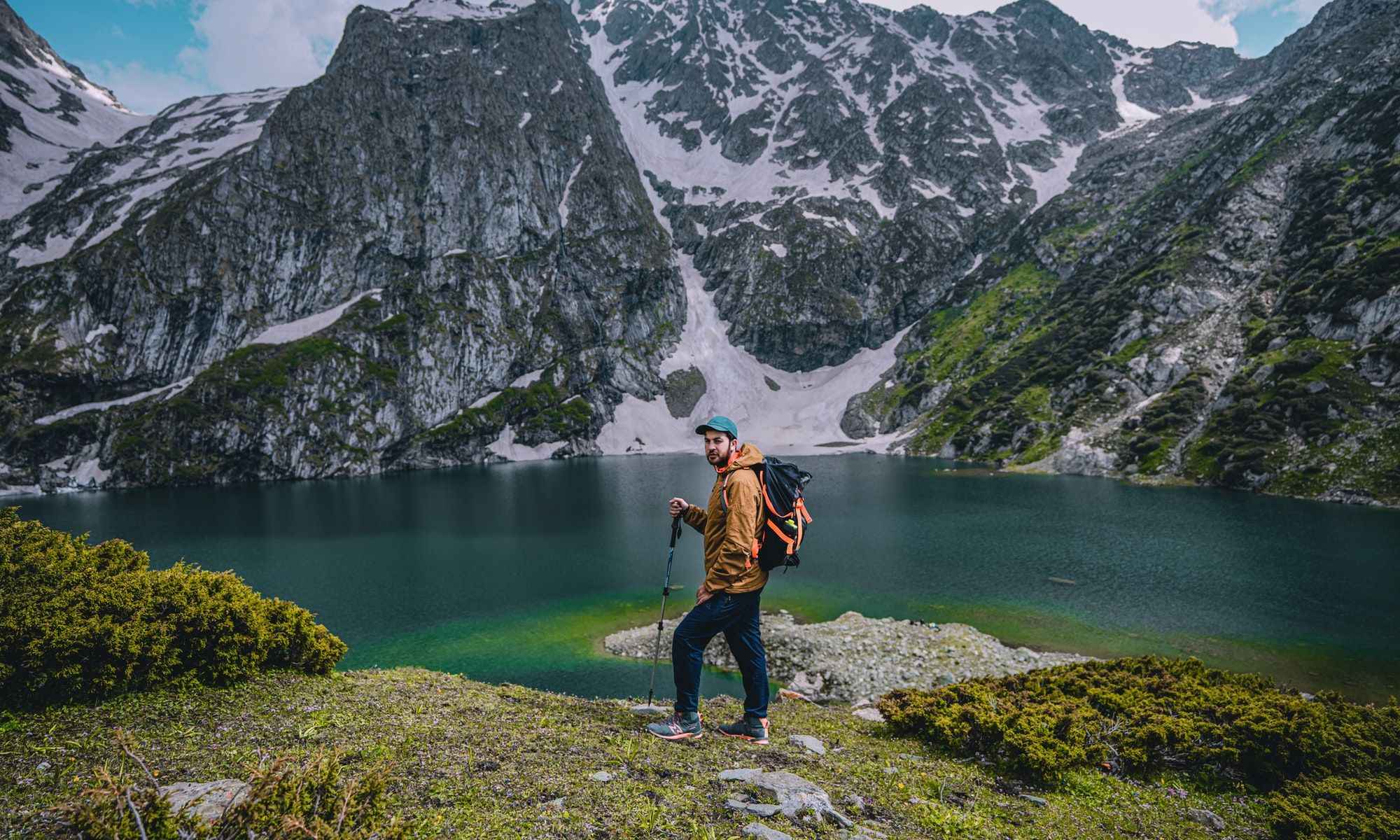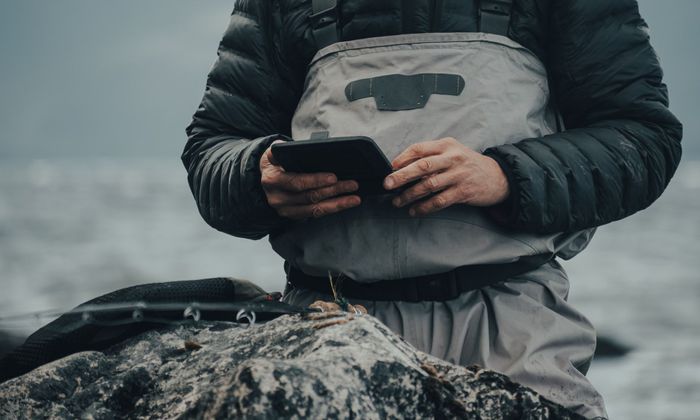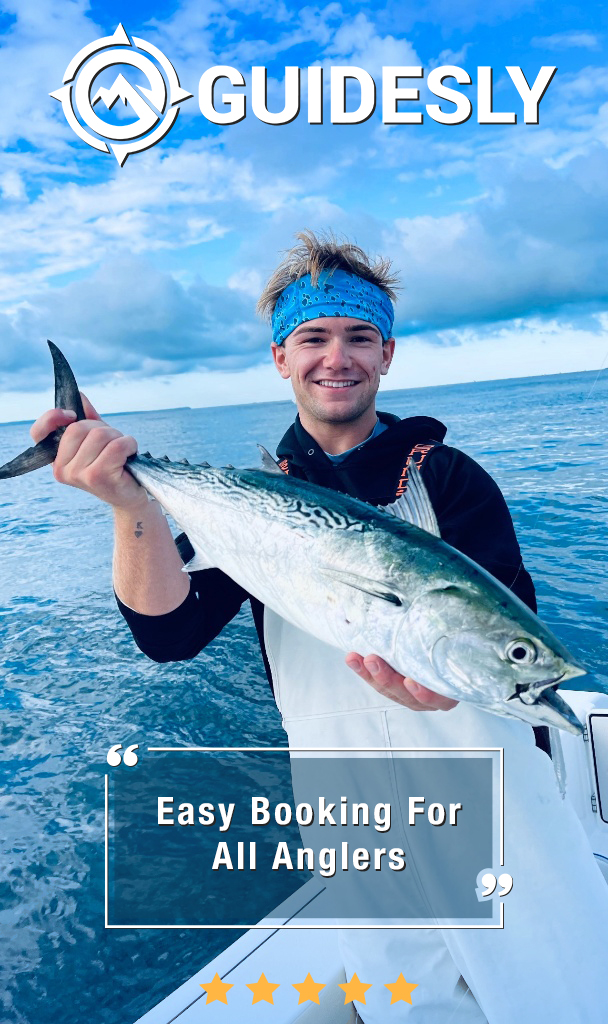Ways to Find Unknown Fishing Hotspots
If you want to find new and unknown fishing spots for your next angling trip, here are some tips that can help.

As fishing gets more and more popular as a pastime or even a career, it can be hard to find a spot that you can call your own where you can enjoy and relax or even just share it with a few friends. ‘Spot Burning’ has become increasingly common because anglers now have access to the internet and social media where they see and hear about a spot where other anglers have caught fish, so they eagerly go visit a place which results in overcrowding and in some cases, overfishing. A surge in licensed anglers has also been occurring, especially in recent times as people are keen on finding an enriching activity to do. Finding an unknown fishing hotspot can be a rewarding experience as an angler and it can also add to your skillset.
Here are Tips in Scouting Out a Great Fishing Spot While Avoiding Crowds
1. Avoid Easy-to-Access Areas
It goes without saying that the most popular fishing spots are easily accessible. If you are willing to exert the extra mile in finding and researching a fishing spot, you can land something that can be considered a gem of an angling spot. Furthermore, if you learn to enjoy the art of scouting, you will become a well-rounded angler as it hones your patience, instinct, and skill.
2. Check the Maps
To make the most of your time when you’re out scouting for a fishing spot, do your homework first. You can get new ideas about where to fish if you look at maps, on paper or online. Identify bodies of water or waterways that are not familiar to you or don’t seem easy to get to. Digital mapping services can also let you find new water and identify which possible spots are allowed for public access.

3. Think Like a Hunter
Investing your time as angler scouting for places can be just as fulfilling as having a whole day of productive fishing. A great way to find new fishing holes is to observe the surroundings. Find places that house a ton of bug life and have structures as some fish like being near those places. Also, look for how the vegetation is around the area you are scoping out. When you find something noteworthy, keep a record of it and then you can return and look for more places or try out angling in the area you’ve covered.

4. Look Up Stocking Records
You can check the websites of local and state wildlife agencies which hold stocking records that indicate what type of fish species they stock and when. A quick thing to do is to check stock records in recent years and then base your fishing trip off of that. But you may find something new if you look for stocking records that go several years way back. Another great tip is to look for locations that aren’t on stocking records anymore in recent years as they might have had the chance to grow and spawn over time.
5. Avoid Crowds by Staying Away from the Shore
Fishing from the shore can limit where you fish so consider getting away from the dry land. You can avoid other anglers as well because most of them fish on or by the shore because it’s simple and inexpensive. If you can’t afford to buy or rent a boat, try opting for a watercraft that is less conventional. Try wading in unusual places if you don’t want to get on a vessel offshore.
6. Explore More Land by Using Other Transportive Means
You might exhaust yourself if you just limit yourself to just walking around when you are looking for a new fishing spot. Using unconventional modes of transportation like a mountain bike, dirt bike, an ATV or even a horse can help you cover ground and help you find more promising prospects, especially in remote areas.
7. Get Help from Locals or a Fishing Guide
The knowledge and experience of locals can be deemed valuable when it comes to looking for a new fishing spot because no one, not even the internet, will know the area you are searching in better than they will. Furthermore, if you can, you can hire a guide who is especially knowledgeable in local waters. They can also provide advice on how to fish the areas you find as well. Whoever you ask for help from, remember to let them know you’re finding something new, unpopular, and off the beaten path.
8. Consider Fishing in Obscure Areas Near Towns and Cities
Oftentimes, people think fishing is something you can only do surrounded by nature. But a savvy angler knows that you can angle for game in areas you won’t even think to look at because of visible obstructions like pollution. Look for bridges or overpasses that have bodies of water under them and try angling there. Some fish like being around structures so you might find some in those spots. Reservoirs are also great places to find fish and some are even stocked yet might not be other anglers’ first choice.

9. Fish at Different Times
If you’re not in the mood to find a new spot, you can just change what hours you fish in at a popular spot. Think of it as beating the rush hour when you’re driving through traffic. You can try fishing early in the morning or even late in the evening as most would probably be out fishing in the normal hours of the day. When you fish during those times, it can also bring about the possibility of better results as some species are active during those hours. It’s important to note that you may need to adapt your angling tactics when you change up your hours.
10. Keep At It
With how big the world is, it’s always a possibility that there are great unknown fishing spots out there, you just have to find them. Don’t give up, we all know that hard work pays off in the long run. If you keep at it, you may stumble into something extraordinary and it will give you a sense of accomplishment.




